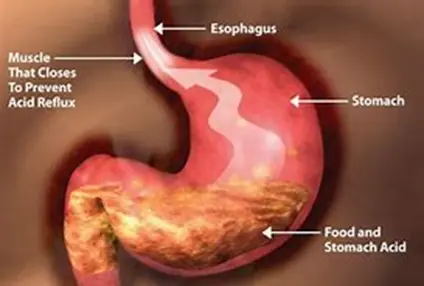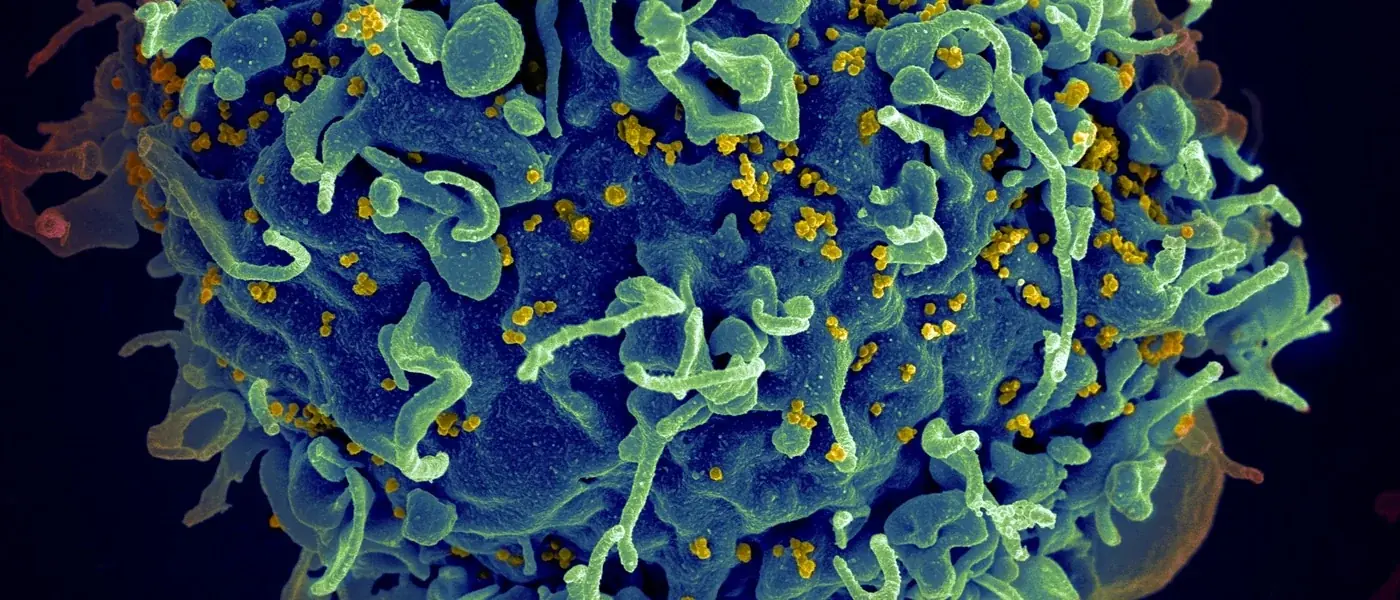
Serious Heart R!sks Linked to Just 3 Nights of Poor Sleep, Scientists Warn
 The Hidden Dangers of Poor Sleep: How Just Three Nights Can Harm Your Heart
The Hidden Dangers of Poor Sleep: How Just Three Nights Can Harm Your Heart
We’ve long known that sleep plays a critical role in overall health, but a new study underscores just how significant the link is between sleep and heart health. Research from Uppsala University in Sweden has revealed that as little as three nights of restricted sleep—just around four hours per night—can trigger changes in the blood, increasing the risk of heart disease.
How Sleep Affects Your Heart
The study found that when participants experienced restricted sleep, levels of inflammatory proteins in the blood surged. These proteins are released when the body is under stress or fighting illness, and over time, if left unchecked, they can damage blood vessels and lead to various heart problems such as heart failure, coronary heart disease, and atrial fibrillation (irregular heartbeat).
 The researchers looked at 90 protein markers in the blood of healthy volunteers. Dusan Petkovic/Shutterstock
The researchers looked at 90 protein markers in the blood of healthy volunteers. Dusan Petkovic/Shutterstock
The Study: Young, Healthy Adults Affected
The study involved 16 young, healthy men who were asked to follow two sleep routines:
1. Three nights of normal sleep (8.5 hours).
2. Three nights of sleep restriction (4.25 hours).
After each phase, participants underwent a short, high-intensity cycling workout, and their blood was tested before and after the exercise. Researchers analyzed nearly 90 different proteins in the blood samples and found a clear rise in inflammatory markers linked to heart disease after sleep deprivation.
Even more concerning was that, while exercise is typically known to boost healthy proteins like interleukin-6 and BDNF (which are beneficial for brain and heart health), these responses were significantly weaker following poor sleep.
A Wake-Up Call: Sleep Deprivation in Young Adults
Perhaps the most surprising aspect of the study is that these effects were observed in young, healthy adults. This is particularly concerning as poor sleep is common, with many adults experiencing disrupted sleep on occasion. In fact, around one in four people work shifts that impact their sleep patterns, making this an issue that affects many people across the globe.
The Importance of Timing and Sleep Deprivation
The study also found that the time of day at which blood was drawn mattered. Protein levels fluctuated between morning and evening, and the variations were even more pronounced when sleep was restricted. This suggests that not only does sleep affect the overall composition of the blood, but it also influences when these changes are most noticeable.
Why We Need to Prioritize Sleep
This study reinforces what many people already know but often disregard in the hustle of modern life: getting enough sleep is essential for good health. The modern-day tendency to sacrifice sleep for productivity, socializing, or screen time may be taking a serious toll on our cardiovascular health. And what’s even more concerning is that the body responds silently—through chemical markers in the blood—without offering immediate physical symptoms.
Conclusion
While it’s easy to think that skipping a few hours of sleep here and there doesn’t matter, this new research reminds us that the effects of sleep deprivation can accumulate quickly, and even a few days of poor sleep can harm your heart. Prioritizing sleep is not just about feeling rested—it’s about protecting your long-term health.
Sources:
-
Uppsala University Study (Published in Nature journal) on the impact of sleep deprivation on heart health.
-
Medical Xpress article on inflammation and heart disease linked to sleep deprivation.
News in the same category


Unlocking the Health Benefits of Morning Coffee: A Guide to Optimal Timing

Family of Three Diagnosed with Lung C@ncer from Grilled Food: A Cautionary Tale

How to Remove Stubborn Limescale from Your Electric Kettle with This Simple Trick

How to Prevent Snakes from Entering Your Air Conditioner: Essential Safety Tips

Avoid Throwing Away the Roots When Preparing These 4 Vegetables: Are You Unknowingly Discarding the 'Miracle' That Helps Your Body Stay Healthy from the Roots

6 Groups Who Should Avoid Coffee in Their Daily D!et

12 Summer Vegetables Prone to P@rasite Contamination: What You Need to Know

13 Early Warning Signs of Kidney Issues in Young Adults

Why Does the Air Conditioner Smell at 26°C but Not at 25°C? The Surprising Cause

Father of Four D!es from Bowel C@ncer: A Heartbre@king Reminder to Listen to Your Body

Sweet Treat or Silent Thre@t? Experts Warn of Hidden D@ngers in Slushies for Children

The Sugar-Eating Vegetable That’s Taking Health Experts by Surprise
Discover how beans help manage diabetes by regulating blood sugar levels, providing essential nutrients, and supporting overall health. Learn the benefits of adding beans to your diet and other vegetables that support blood sugar control.

Your Stomach Ac!d Could Digest Razor Blades - Here's How You Don't D!e From It
Learn about the fascinating regeneration of the stomach lining, how it plays a vital role in digestion, and how lifestyle factors like diet and stress can affect its health. Discover tips for maintaining a healthy stomach lining to avoid digestive issues.

It’s Official: H!V Is Now a Manageable Condition, Not a Dea@th Sentence
HIV is now a manageable condition, with ART allowing people to live full lives. The virus can even become undetectable and untransmittable. Learn about the progress and ongoing challenges.

This Alternative Treatment Might Reverse Brain Aging and Improve Mental Sharpness—Without the High
A 2017 study suggests that low doses of THC might help reverse age-related memory decline in mice. Discover how THC reactivates brain pathways linked to healthy aging and what this could mean for future therapies against neurodegeneration and cognitive de

Doctor's Warning: What You Should NEVER Ignore About Bulging Ve!ns
Learn about bulging veins, including causes, symptoms, risk factors, and complications like varicose veins. Discover effective prevention strategies and when to seek medical attention for bulging veins. Stay informed about vein health to avoid serious com

Autophagy Explained: Why Getting Hungry Destr0ys Canc3r, Alzheimer's and Aging Cells
Discover how fasting triggers autophagy, a natural process that helps your body recycle damaged cells, combat aging, and lower risks of diseases like cancer and Alzheimer’s. Learn more about the benefits of fasting for overall health.

Warning over common over-the-counter drug that can fuel cancer in warm weather
It is crucial for individuals taking these medications to be aware of the potential risks and to take appropriate steps to protect their skin from harmful UV radiation.
News Post

From Abandoned to Adored: The Heartwarming Story of Zed, the Miniature Pinscher Who Found His Forever Family
Found crying and abandoned, a tiny Miniature Pinscher named Zed embarked on an incredible journey. This heartwarming story of dog rescue reveals how unexpected love transformed his life.

A Lesson in Respect and Safety: How One Driver Handled a Police Stop While Legally Carrying a Firearm
Learn how a responsible driver handled a police stop while legally carrying a firearm, emphasizing safety, respect, and cooperation. A powerful story of how mutual respect can create a positive outcome during a tense situation.

A Race Against Time: How a Stranger's Extraordinary Kindness Ensured a Daughter's Final Farewell
Discover the extraordinary kindness of a stranger whose selfless act provided a miraculous journey home, ensuring a precious final goodbye and inspiring a legacy of paying it forward.

Carol Kaye Declines Rock and Roll Hall of Fame Induction, Stands by Legacy of Teamwork
Carol Kaye, a legendary bassist, declines her 'Music Excellence Award' at the Rock and Roll Hall of Fame, citing a lack of reflection of the collaborative spirit of session musicians. Discover her reasoning and stand for respect in the industry.

A Stranger's Blessing: The Transformative Power of Kindness That Changed a Life Forever
Lucia's simple act of kindness toward a stranger leads to an unexpected windfall and a life-changing revelation. Discover how one small gesture transformed everything and set her on a new path, full of hope and love.

The Mystery Behind the Chicken and the Hidden Family Secret
Discover the chilling family secret revealed by a chicken and its connection to a missing man. A gripping story of suspense and mystery, uncovering long-buried truths.

Overcoming the Struggles of Parenting Triplets: A Journey of Love, Exhau$tion, and Hope
A deeply emotional story of a couple’s struggle to raise triplets, filled with exhau$tion, guilt, and the overwhelming love they share for their children.

The Prom Dress Mystery: A Hidden Letter That Changed Three Lives Forever
A young woman buys a $12 prom dress from a thrift store, only to uncover a hidden letter that leads to a powerful reunion. Explore the emotional journey of forgiveness, second chances, and the mysterious connection that binds their lives together.

Family Secrets Unveiled: A Son's Journey to Discover the Truth Behind His Grandfather's Legacy
A son uncovers hidden family secrets in a letter left by his late grandfather. Join his emotional journey to find his long-lost sister and reclaim what was once lost—his family’s true legacy.

From Rejection to Redemption: How a Wedding Changed a Mother’s Place in Her Son’s Life Forever
A mother’s love is put to the test when her son’s wedding brings unexpected emotions and a life-changing declaration. Discover the heartwarming journey of a mother and son’s bond that triumphs over all odds in this touching story of family, love, an

6 Morning Foods to Boost Insulin Sensitivity and Control Bl00d Sugar

Unlocking the Health Benefits of Morning Coffee: A Guide to Optimal Timing

Torn Between Love and Freedom: A Daughter’s Battle for Independence Against Her Family's Expectations
A young woman struggles with her controlling family, torn between following her dreams abroad and staying to meet her parents' expectations. A story of family conflict, independence, and finding peace amidst emotional manipulation.

Family of Three Diagnosed with Lung C@ncer from Grilled Food: A Cautionary Tale

How to Remove Stubborn Limescale from Your Electric Kettle with This Simple Trick

Am I Wrong for Refusing to Attend Dinner After My Sister-in-Law Used Her Kids to Manipulate Me?
Tensions rise when a family dinner becomes a battleground of manipulation, boundaries, and respect. Read about the emotional showdown between a woman and her sister-in-law, and the shocking aftermath of one decision that could change everything.

How to Prevent Snakes from Entering Your Air Conditioner: Essential Safety Tips

Avoid Throwing Away the Roots When Preparing These 4 Vegetables: Are You Unknowingly Discarding the 'Miracle' That Helps Your Body Stay Healthy from the Roots

6 Groups Who Should Avoid Coffee in Their Daily D!et
